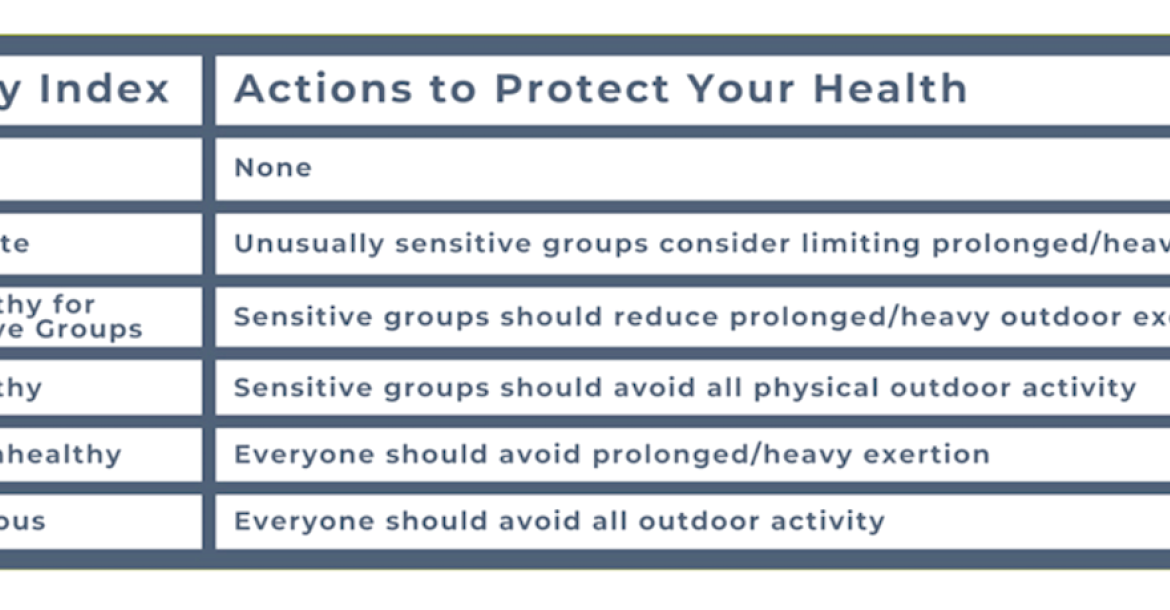DHHS Issues Smoke Advisory for NE Nebraska
Canadian wildfires could have air quality impacts here
Smoke associated with wildfires in Canada may affect the air quality in Northeast Nebraska Saturday and Sunday.
Visibility impacts may occur in areas with heavier smoke impacts.
An advisory of possible Moderate to Unhealthy for Sensitive Groups AQI (yellow/orange) impacts may occur in North Central, Northeast, and Eastern Nebraska potentially affecting Antelope, Boyd, Brown, Burt, Butler, Cass, Cedar, Cherry, Colfax, Cuming, Dakota, Dixon, Dodge, Douglas, Holt, Keya Paha, Knox, Lancaster, Madison, Otoe, Pierce, Platte, Rock, Sarpy, Seward, Stanton, Thurston, Washington, and Wayne counties from Saturday, July 15, through Sunday, July 16, 2023.
Moderate AQI (yellow)
During Moderate AQI (Yellow category) conditions, those who are unusually sensitive to particle pollution may experience health effects. When conditions rise to the yellow category, those who are unusually sensitive are advised to consider shortening outdoor activities and reducing the intensity of these activities. Symptoms such as coughing or shortness of breath are signs to take it easier.
Unhealthy for Sensitive Groups AQI (orange)
During Unhealthy for Sensitive Groups AQI (Orange category) conditions, members of sensitive groups may experience health effects. Sensitive groups include people with heart or lung disease, older adults, and children. When conditions rise to the orange category, sensitive groups are advised to reduce prolonged or heavy exertion and avoid intense outdoor activities.
Advisories are issued for areas of anticipated impact by notifying the media and local health departments and posting information on the Nebraska Department of Health and Human Services (DHHS) and the Nebraska Department of Environment and Energy's (NDEE) webpages and social media sites. These advisories provide information to the public on the anticipated impacts and air quality and health resources to help citizens protect their health and minimize exposure to smoke.
States monitor smoke levels and weather conditions to determine when impacts to air quality are anticipated. Advisories are based on data from the National Weather Service (NWS), smoke plume, and air quality modeling, and from ambient air quality monitors located in Omaha, Bellevue, Blair, Lincoln, Beatrice, Grand Island, and Scottsbluff.

